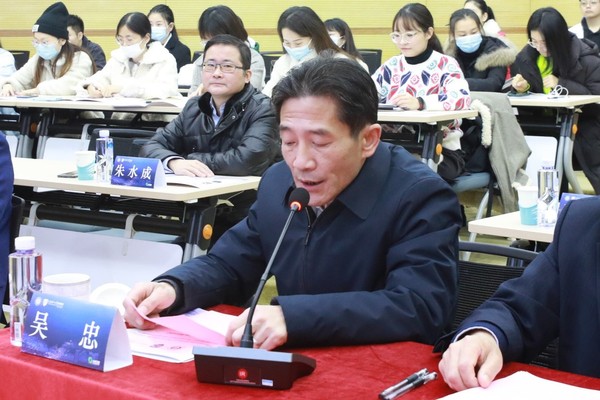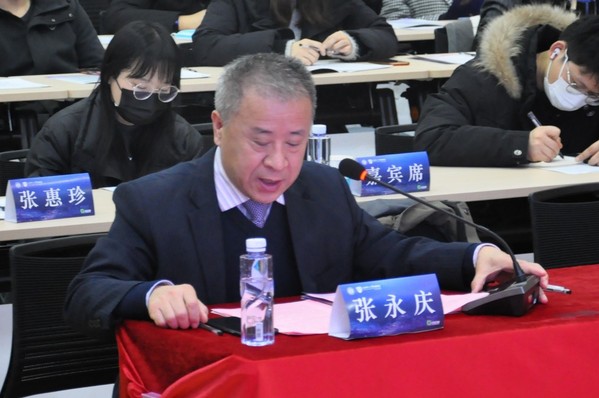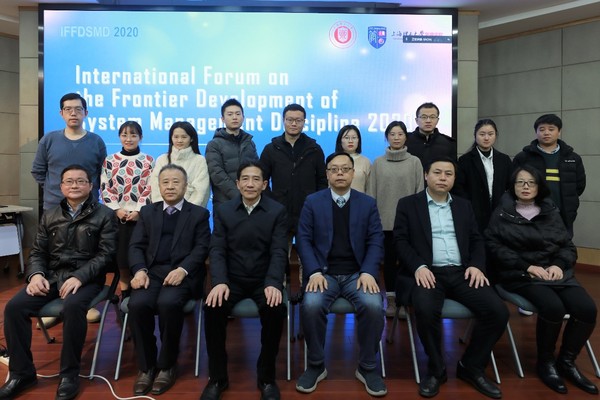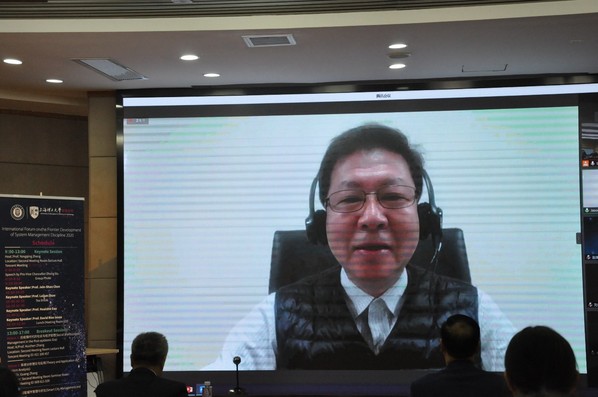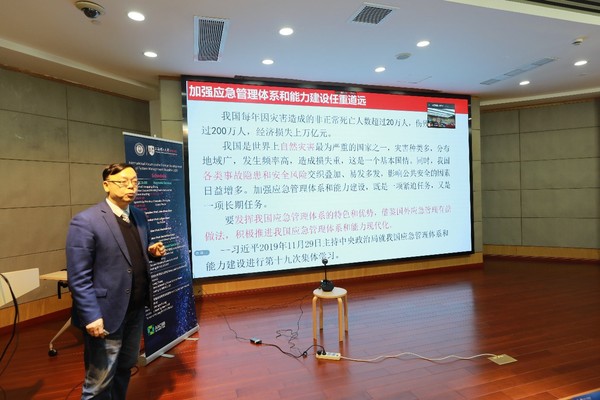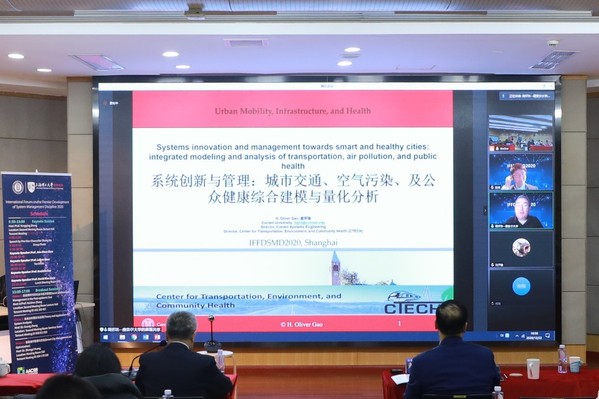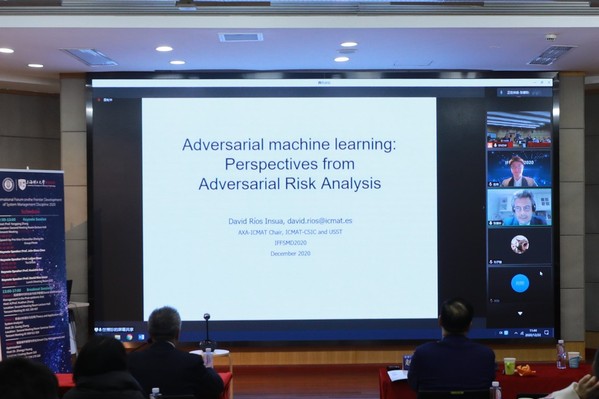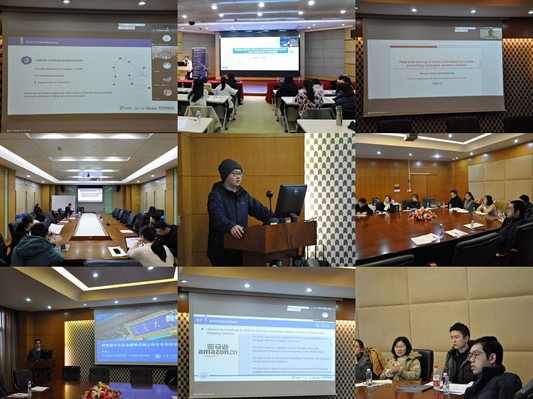On December 22, 2020, the International Conference on Frontier Development of Systems Management in 2020 came to a successful ending at the University of Shanghai for Science & Technology(USST). Wu Zhong, Vice President of USST; Zhao Laijun, Dean of the Business School, USST; Zhang Yongqing, Vice President of the Business School; He Jianjia, Vice President of the Business School; Gao Yan, Head of System Science Discipline; Head of related disciplines, department heads and teacher representatives of the Business School attended the meeting. Gao Huizhou, director of systems engineering at Cornell University, David Ríos Insua, academician of royal Spanish academy of sciences, and Chen Jieshan, professor of National Taiwan Normal University, attended the meeting online. At the same time, 44 experts, scholars, and academic newcomers from Shanghai Jiaotong University, Tongji University, Donghua University, Henan University, Qingdao University, Nanjing Normal University, Shanghai Electric Power University, and USST also enthusiastically participated in the conference. The opening ceremony was presided over by Zhang Yongqing, Associate Dean of the Business School, USST.
Firstly, Vice President Wu Zhong extended a warm welcome to the guests and scholars and said in his opening speech that the purpose of this conference is to discuss the opportunities and challenges faced by the development of systems and management disciplines under the influence of the COVID-19 epidemic through extensive exchanges, so that scientific research can meet the needs of social development.
At the main forum held later, Professor Chen Jieshan introduced the theory and application of smoothing strategy in support vector regression and signal reconstruction with the topic of smoothing strategies for support vector regression and signal reconstruction. With the title the systematic thinking on constructing the emergency management of China, Professor Zhao Laijun analyzed the complexity of emergency management from a professional perspective, introduced the current situation and existing main problems of China's emergency management system, shared the progress and practice of safety resilience theory and seamless organization theory, and put forward countermeasures and suggestions to improve China's emergency management system. Professor Gao Huaizhu gave a lecture entitled Systems Innovation and Management Towards Smart and Healthy Cities: Integrated Modeling and Analysis of Transportation, Air Pollution, And public health, sharing the experience of modeling and analyzing in the fields of urban traffic, air pollution, and public health with the thinking mode and analysis method of system management. Finally, Professor David Ríos Insua introduced scientific research progress in the field of anti-machine learning from the perspective of anti-risk analysis with the title Adversarial Machine Learning. Perspectives from Adversarial Risk Analysis.
In the afternoon, young experts and scholars gave academic reports combining online and offline with the themes of social and economic management in the post-epidemic era, system analysis theory and application and smart city management and optimization. The academic discussion atmosphere in each venue was warm, and scholars actively conducted academic exchanges and shared academic frontier progress.
